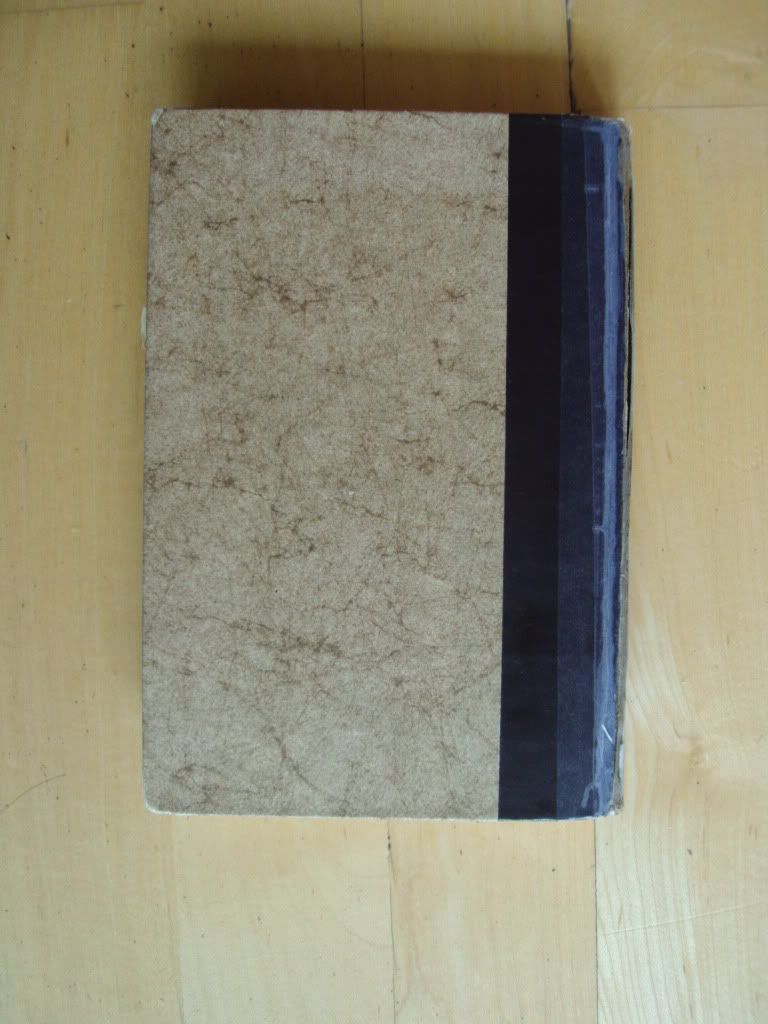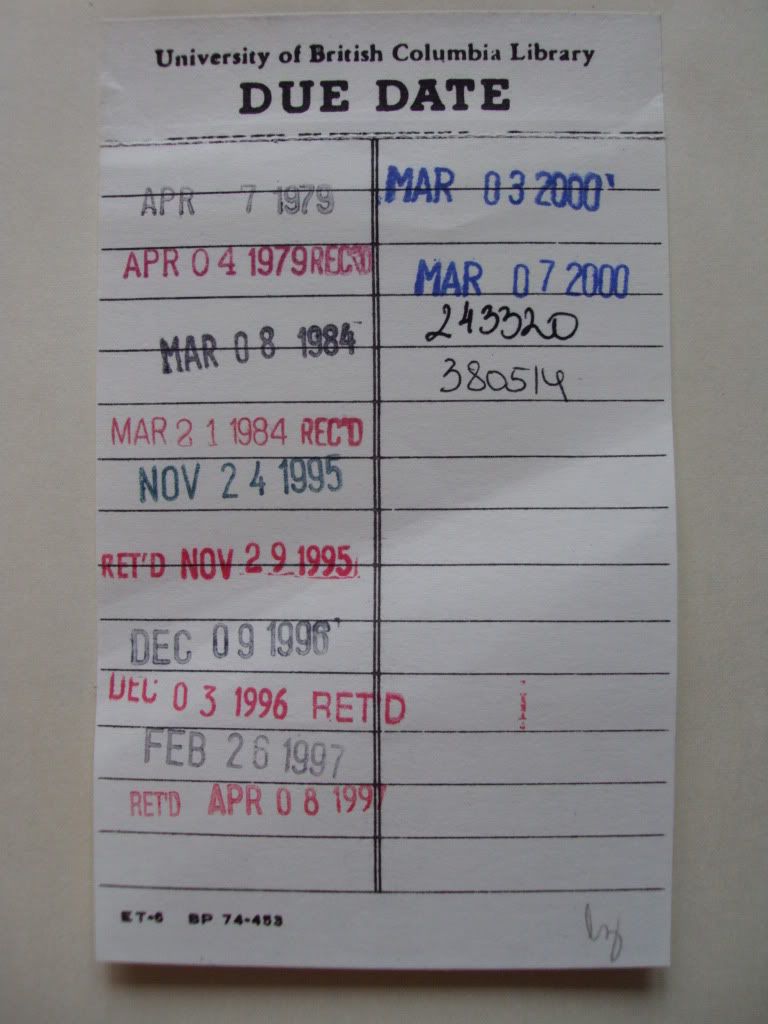暗香盈袖
如鷹展翅 更新茁壯我一直對戴德生很好奇 . 他說 : “ 假如我有千鎊英金,中國可以全數支取;假如我有千條生命,決不留下一條不給中國 ” 。 一個十九世紀的英國人 , 為什麽會到中國來 , 又怎麽會把自己打扮成中國人的模樣 , 是什麽令他確信要 把自己的一生 , 以及子孫都獻給中國 ? 他是怎樣走上這樣一條路的 ?
有一天我在一本書 ( 這本書這一章節講的是蒙神呼召的人常常要做出犧牲 , 更常常令他們的親人做出更大的犧牲 ) 裏讀到戴德生自己回憶的 , 乘船去中國宣教時在碼頭與母親分別的一幕 , 我的眼眶濕了 , 感到了他們那一刻的刺痛 . 更加定意要讀一讀他的經曆 .
( 為了方便不懂英文的朋友 , 我把引用的文字翻成中文 , 原文附在文章後麵 .)
"戴德生 , 一個偉大的 , 有信心 , 靠禱告的人 , 蒙神呼召去中國傳道 . 因為他的父親已去世 , 他得與他寡居的母親分離 . 在 1905 年他去世之前 , 他為神所用 , 在中國內地傳教 . 當時在內地有了 205 個傳教點 ,849 名傳教士 ,125,000 中國基督徒 – 一個生命完全降服於神的見證 . 戴德生描述了他和母親為了順服上帝的旨意 , 去中國傳教所付出的代價 .
把你自己想象成戴德生,你的父親已去世,你意識到可能有生之年再也見不到母親了.仔細閱讀他記錄的和母親的離別 , 試著想象他們的感受 :
‘ 我摯愛的 , 現已為聖徒的母親到利物浦來送我 . 我永遠也不會忘記那一天 , 以及她和我一起走進那間小小艙房的情景 , 在那兒我將住上漫長的六個月 . 她用一雙充滿母愛的手幫我整理了小床 . 她坐在我身邊 , 和我一起唱最後一首讚美詩 , 之後我們就將長時間地分離了 . 我們跪下來 , 她為我禱告 , 是我出發去中國之前最後聽到的母親的禱告 . 然後 , 我們被告知必須離別了 , 我們得相互告別 , 在世上我們不能期待再見 .
為了我 , 她盡量控製自己的感情 . 我們分開了 ; 她上了岸 , 仍在為我祝福 ! 我獨自站在甲板上 , 船開向碼頭大門時 , 她跟著我們跑 , 我永遠忘不了從我母親心底發出的痛徹心扉的哭喊 . 它如尖刀一般刺穿了我的心 . 在此之前 , 我從來沒有真正懂得 ” 神如此深愛世人 ” 的意思 . 而我確信我親愛的母親在此刻比以往一生都更理解神對正走向滅亡的世人的愛 .
讚美主 , 更多的人正在發現這超乎想象的喜樂 , 神奇妙恩典的顯現 , 是賜給那些 ” 跟隨他 ”, 將自己獻上 , 完全順服在他偉大旨意裏的人 .’”
溫哥華圖書館裏居然很難找到他的傳記 , 經過內部借調 , 才從卑詩省大學圖書館弄來了這本 < 戴德生和瑪利亞 >( Hudson Taylor and Maria -By J.C.Pollock). 很舊的一本書 , 出版於 1962 年 , 彼時我還沒有出世 . 這本書常年呆在書架上 , 有著老書特有的陳舊 , 脆弱 , 以及真正的書香 . 上一次它被人握在手裏 , 是十一年前 . 

裏麵的事情發生得更早 , 它們令我如此感動 .
書裏記載了戴德生在英格蘭約克郡的青少年時代 , 以及他在中國傳福音 , 在神的帶領下成長 , 生兒育女 , 直到他妻子瑪利亞去世的經曆 .
1832 年戴德生出生在一個基督教家庭 , 但他對於福音並沒有真正的認識 . 他沒有上大學 , 不喜歡家裏濃厚的宗教氛圍 , 十五歲時去了一家銀行做事 , 他為人誠懇 , 熱情 , 樂觀 , 很得人緣 , 在那裏他慢慢遠離了神 , 活在這世界的欲望裏 , 常常說些褻瀆神的話 .1848 年他回到他父親店裏打雜 .
“ 他身體不好 , 過早的性發育 , 靈魂裏不滿足的折磨使他煩躁不安 , 容易沮喪 , 變得乖戾 .
一年以後 ,1849 年的六月 , 他母親出門了 . 一個暖和的下午艾美利亞 ( 他妹妹 ) 也出去了 . 戴德生有半天假 , 無所事事 . 他懶洋洋地翻著父親的書 , 在一籃子流行的 ” 福音小冊子 ” 裏拿出一本 , 想著讀一下故事 , 然後跳過後麵的道德說教 . 他去了房子和店後麵的穀倉 , 舒舒服服蜷縮著 ,’ 毫不不在意地開始讀書 , 心裏的意圖很清楚 , 隻要書的內容一開始變得單調乏味就把它丟開 .’
正讀著 , 一句話抓住了他的心 . 忽然間他明白了他理解宗教的角度錯了 . 他相信基督教教義是一場沉悶枯燥的用做好事來為壞事抵債的掙紮 . 如此他早就破產了 , 僅用去教會禮拜和晚上草草的禱告來向他神聖的造物主付一點點賬 , 完全沒有償清債務的可能 . 就像很多破產的人一樣 , 他隻想今朝有酒今朝醉 .
可書裏的一句話令他豁然開朗 , 突然確信耶穌在十字架上受死 , 已經為他償清了所有罪的債 .’ 這如破曉一般歡喜的確認 , 如光一般瞬間由聖靈照進我的靈魂 . 原來在這世上除了跪下 , 接受我的救主及其救恩 , 永遠讚美他之外 , 我並不需要做什麽來得到救贖 .’
馬丁路德 , 約翰班楊 , 約翰衛斯理都不會比戴德生在 1849 年那個六月的下午 , , 他十七歲時更完全地感受到 : 重擔被卸去 , 光驅除了黑暗 , 以及重生並和耶穌建立了親密的友情 .
幾天過去了 , 他害羞地向艾美利亞說出了秘密 . 十天後 , 他母親回來時他飛奔到門口 ’ 告訴她我有這樣一個好消息要宣布 .’ 母親擁抱了他 ,’ 我知道 , 我的兒 , 兩周來我一直在歡喜慶祝你要告訴我的這個大喜事 .’ 戴德生太吃驚了 . 是不是艾美利亞多嘴了 ? 他母親說不是的 . 她說 , 在 80 英裏以外 , 就在穀倉發生事情的那一天 , 她感到一種鋪天蓋地無以阻擋的願望要為戴德生禱告 , 於是她跪在地上數小時為他禱告 , 起來時心裏有不可撼動的確信 , 那就是她的禱告已經被應許 . ‘ 也許這正是自然的 ,’ 戴德生很多年以後寫道 ,’ 從我基督徒生活的一開始 , 我就被引導著感受到 , 禱告原是和神之間交流的嚴肅事情 .’
待續
另外推薦,戴德生自傳 : <獻身中華>中文版 http://www.docin.com/p-82704447.html
原文
Experiencing God
Hudson Taylor, a great man of prayer and faith, responded to God's call to go to China as a missionary. Because his father had already died, he had to leave his widowed mother to go to China. By the end of his life in 1905, he had been used by God to found the China Inland Mission. There were 205 preaching stations, 849 missionaries, and 125,000 Chinese Christians -- a testimony of a life absolutely surrendered to God. Hudson Taylor described something of the cost he and his mother experienced as he obeyed God's will to go to China as a missionary.
Imagine that you are Hudson Taylor. Your father is dead, and you realize that you may never see your mother again on earth. Slowly read Taylor's account of their parting and try to imagine the emotions they must have felt.
My beloved, now sainted, mother had come to see me off from Liverpool. Never shall I forget that day, nor how she went with me into the little cabin that was to be my home for nearly six long months. With a mother's loving hand she smoothed the little bed. She sat by my side, and joined me in the last hymn that we should sing together before the long parting. We knelt down, and she prayed--the last mother's prayer I was to hear before starting for China. Then notice was given that we must separate, and we had to say good-bye, never expecting to meet on earth again.
For my sake she restrained her feelings as much as possible. We parted; and she went on shore, giving me her blessing! I stood alone on deck, and she followed the ship as we moved towards the dock gates. As we passed through the gates, and the separation really commenced, I shall never forget the cry of anguish wrung from the mother's heart. It went through me like a knife. I never knew so fully, until then, what "God so loved the world" meant. And I am quite sure that my precious mother learned more of the love of God to the perishing in that hour than in all her life before.
Praise god, the number is increasing who are finding out the exceeding joys, the wondrous revelations of His mercies, vouchsafed to those who "follow Him," and emptying themselves, leave all in obedience to His great commission.
Hudson Taylor and Maria
By J.C.Pollock
With adolescence Hudson grew restless with the religious atmosphere of home. At fifteen he entered a local bank where, being merry and gay , he was popular, and “used to wish for money and a fine horse and house, and I longed to go hunting as some did who were about me.” The other clerks brushed his mind free of religion. He scoffed and swore, probably mildly, for he was sensitive and did not relish his mother’s resigned glances or Amelia’s tears; besides, his father beat him for blasphemy.
The gaslight in the murk of a Yorkshire winter was too much for Hudson’s eyes; they were weak for the rest of his life. He left the bank in 1848 to serve the jars and bottles of his father’s shop, prescribing for bunions of famers’ wives in to market, mixing powders when the mayor’s offspring had colic. Ill health, early sexual development and gnawing dissatisfaction of soul made him fidgety and unsettled, easily upset and cross.
A year later, in June 1849, his mother was away. One warm afternoon Amelia was out and Hudson had nothing to do on a half-holiday. He looked idly over his father’s books and rummaged in a basket of popular “Gospel tracts.”He picked one out, intending to read the story and skip the moral He went into the barn behind the hose and shop, curled up comfortably and began “in an utterly unconcerned state of mind, with a distinct intention to put away the tract as soon as it should seem prosy.”
As he read, one sentence gripped him. Suddenly he realized that he approached religion from the wrong angle. He believed Christianity to be a dreary struggle to pay off bad deeds by good. He had long bankruptcy, paying a small dividend to his Divine Creator in the shape of chapel attendance and prayers rattled off at night but with no hope of discharge; like most bankrupts he had sought to have a good time.
One sentence in the tract broke open his mind to a sudden certainty that Christ by His death upon the cross had already discharged the debt of sins. “And with this dawned the joyful conviction, as light was flashed into my soul by the Holy Spirit, that there was nothing in the world to be done but to fall down on one’s knees and accepting this Saviour and His Salvation, to praise Him forevermore.”
No Luther, Bunyan or Wesley had a more complete sense of the rolling away of his burden, of light dismissing darkness, of rebirth and the close friendship of Christ, than Hudson Taylor on that June afternoon of 1849, at the age of seventeen.
Several days passed before he shyly to d Amelia under seal of secrecy. At the return of his mother ten days afterwards he ran to the door “to tell her I had such glad news to give.” She replied as she hugged him, “I know, my boy. I have been rejoicing for a fortnight in the glad tidings you have to tell me.” Hudson was amazed. Had Amelia blabbed? His mother denied it. She said that 80 miles away, on the very day of the incident in the barn, she had felt such overwhelming desire to pray for Hudson that she spent hours on her knees and had arisen with unshakable conviction that her prayers were answered. “It was perhaps natural,” Taylor wrote years later, “that from the commencement of my Christian life I was led to feel that prayer was in sober matter of fact transacting business with God.”




